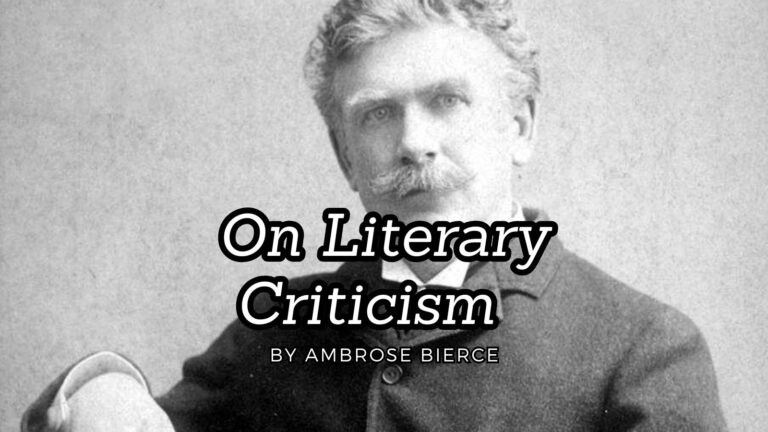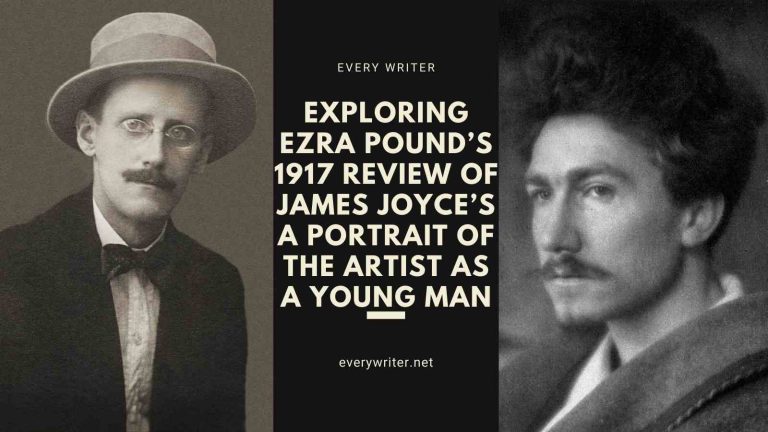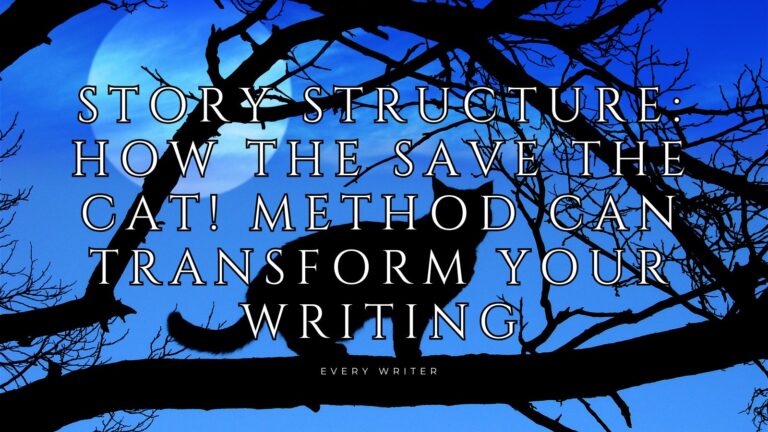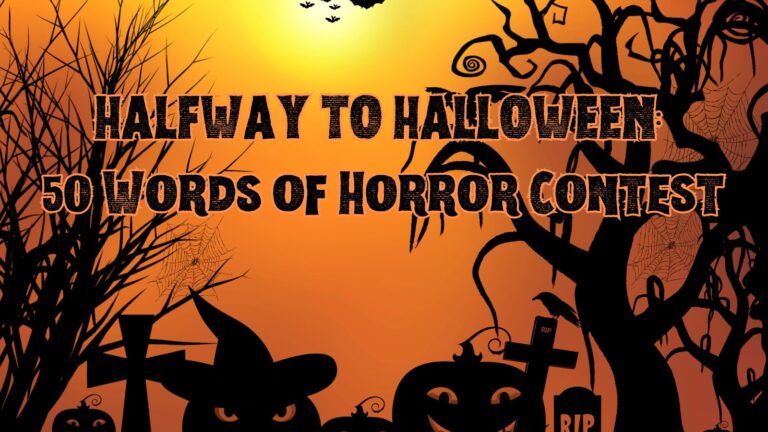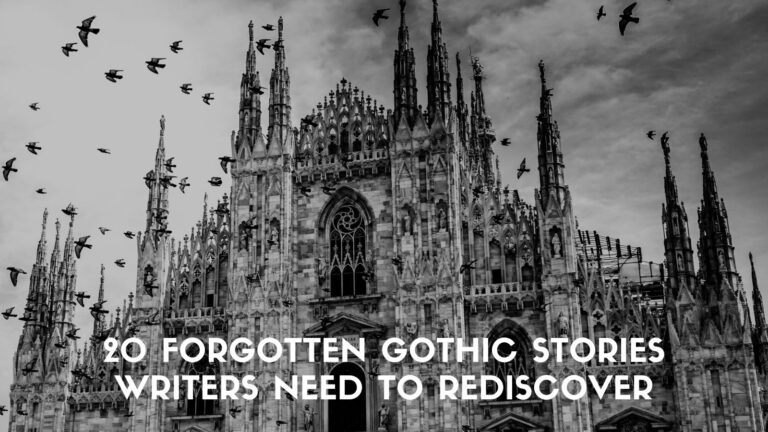 Poetry (I am clear) is eligible of something far more ripen’d and ample, our lands and pending days, than it has yet produced from any utterance old or new. Modern or new poetry, too, (viewing or challenging it with severe criticism,) is largely a-void—while the very cognizance, or even suspicion of that void, and the need of filling it, proves a certainty of the hidden and waiting supply. Leaving other lands and languages to speak for themselves, we can abruptly but deeply suggest it best from our own—going first to oversea illustrations, and standing on them. Think of Byron, Burns, Shelley, Keats, (even first-raters, “the brothers of the radiant summit,” as William O’Connor calls them,) as having done only their precursory and ‘prentice work, and all their best and real poems being left yet unwrought, untouch’d. Is it difficult to imagine ahead of us and them, evolv’d from them, poesy completer far than any they themselves fulfill’d? One has in his eye and mind some very large, very old, entirely sound and vital tree or vine, like certain hardy, ever-fruitful specimens in California and Canada, or down in Mexico, (and indeed in all lands) beyond the chronological records—illustrations of growth, continuity, power, amplitude and exploitation, almost beyond statement, but proving fact and possibility, outside of argument.
Poetry (I am clear) is eligible of something far more ripen’d and ample, our lands and pending days, than it has yet produced from any utterance old or new. Modern or new poetry, too, (viewing or challenging it with severe criticism,) is largely a-void—while the very cognizance, or even suspicion of that void, and the need of filling it, proves a certainty of the hidden and waiting supply. Leaving other lands and languages to speak for themselves, we can abruptly but deeply suggest it best from our own—going first to oversea illustrations, and standing on them. Think of Byron, Burns, Shelley, Keats, (even first-raters, “the brothers of the radiant summit,” as William O’Connor calls them,) as having done only their precursory and ‘prentice work, and all their best and real poems being left yet unwrought, untouch’d. Is it difficult to imagine ahead of us and them, evolv’d from them, poesy completer far than any they themselves fulfill’d? One has in his eye and mind some very large, very old, entirely sound and vital tree or vine, like certain hardy, ever-fruitful specimens in California and Canada, or down in Mexico, (and indeed in all lands) beyond the chronological records—illustrations of growth, continuity, power, amplitude and exploitation, almost beyond statement, but proving fact and possibility, outside of argument.
Perhaps, indeed, the rarest and most blessed quality of transcendent noble poetry—as of law, and of the profoundest wisdom and estheticism—is, (I would suggest,) from sane, completed, vital, capable old age.
The final proof of song or personality is a sort of matured, accreted, superb, evoluted, almost divine, impalpable diffuseness and atmosphere or invisible magnetism, dissolving and embracing all—and not any special achievement of passion, pride, metrical form, epigram, plot, thought, or what is call’d beauty. The bud of the rose or the half-blown flower is beautiful, of course, but only the perfected bloom or apple or finish’d wheat-head is beyond the rest. Completed fruitage like this comes (in my opinion) to a grand age, in man or woman, through an essentially sound continuated physiology and psychology (both important) and is the culminating glorious aureole of all and several preceding. Like the tree or vine just mention’d, it stands at last in a beauty, power and productiveness of its own, above all others, and of a sort and style uniting all criticisms, proofs and adherences.
Let us diversify the matter a little by portraying some of the
American poets from our own point of view.
Longfellow, reminiscent, polish’d, elegant, with the air of finest conventional library, picture-gallery or parlor, with ladies and gentlemen in them, and plush and rosewood, and ground-glass lamps, and mahogany and ebony furniture, and a silver inkstand and scented satin paper to write on.
Whittier stands for morality (not in any all-accepting philosophic or Hegelian sense, but) filter’d through a Puritanical or Quaker filter—is incalculably valuable as a genuine utterance, (and the finest,)—with many local and Yankee and genre bits—all hued with anti-slavery coloring—(the genre and anti-slavery contributions all precious—all help.) Whittier’s is rather a grand figure, but pretty lean and ascetic—no Greek-not universal and composite enough (don’t try—don’t wish to be) for ideal Americanism. Ideal Americanism would take the Greek spirit and law, and democratize and scientize and (thence) truly Christianize them for the whole, the globe, all history, all ranks and lands, all facts, all good and bad. (Ah this bad—this nineteen-twentieths of us all! What a stumbling-block it remains for poets and metaphysicians—what a chance (the strange, clear-as-ever inscription on the old dug-up tablet) it offers yet for being translated—what can be its purpose in the God-scheme of this universe, and all?)
Then William Cullen Bryant—meditative, serious, from first to last tending to threnodies—his genius mainly lyrical—when reading his pieces who could expect or ask for more magnificent ones than such as “The Battle-Field,” and “A Forest Hymn”? Bryant, unrolling, prairie-like, notwithstanding his mountains and lakes—moral enough (yet worldly and conventional)—a naturalist, pedestrian, gardener and fruiter—well aware of books, but mixing to the last in cities and society. I am not sure but his name ought to lead the list of American bards. Years ago I thought Emerson pre eminent (and as to the last polish and intellectual cuteness may-be I think so still)—but, for reasons, I have been gradually tending to give the file-leading place for American native poesy to W. C. B.
Of Emerson I have to confirm my already avow’d opinion regarding his highest bardic and personal attitude. Of the galaxy of the past—of Poe, Halleck, Mrs. Sigourney, Allston, Willis, Dana,
John Pierpont, W. G. Simms, Robert Sands, Drake, Hillhouse, Theodore Fay, Margaret Fuller, Epes Sargent, Boker, Paul Hayne, Lanier, and others, I fitly in essaying such a theme as this, and reverence for their memories, may at least give a heart-benison on the list of their names.
Time and New World humanity having the venerable resemblances more than anything else, and being “the same subject continued,” just here in 1890, one gets a curious nourishment and lift (I do) from all those grand old veterans, Bancroft, Kossuth, von Moltke—and such typical specimen-reminiscences as Sophocles and Goethe, genius, health, beauty of person, riches, rank, renown and length of days, all combining and centering in one case.
Above everything, what could humanity and literature do without the mellow, last-justifying, averaging, bringing-up of many, many years—a great old age amplified? Every really first-class production has likely to pass through the crucial tests of a generation, perhaps several generations. Lord Bacon says the first sight of any work really new and first-rate in beauty and originality always arouses something disagreeable and repulsive. Voltaire term’d the Shaksperean works “a huge dunghill”; Hamlet he described (to the Academy, whose members listen’d with approbation) as “the dream of a drunken savage, with a few flashes of beautiful thoughts.” And not the Ferney sage alone; the orthodox judges and law-givers of France, such as La Harpe, J. L. Geoffrey, and Chateaubriand, either join’d in Voltaire’s verdict, or went further. Indeed the classicists and regulars there still hold to it. The lesson is very significant in all departments. People resent anything new as a personal insult. When umbrellas were first used in England, those who carried them were hooted and pelted so furiously that their lives were endanger’d. The same rage encounter’d the attempt in theatricals to perform women’s parts by real women, which was publicly consider’d disgusting and outrageous. Byron thought Pope’s verse incomparably ahead of Homer and Shakspere. One of the prevalent objections, in the days of Columbus was, the learn’d men boldly asserted that if a ship should reach India she would never get back again, because the rotundity of the globe would present a kind of mountain, up which it would be impossible to sail even with the most favorable wind.
“Modern poets,” says a leading Boston journal, “enjoy longevity.
Browning lived to be seventy-seven. Wordsworth, Bryant, Emerson, and
Longfellow were old men. Whittier, Tennyson, and Walt Whitman still
live.”
Started out by that item on Old Poets and Poetry for chyle to inner American sustenance—I have thus gossipp’d about it all, and treated it from my own point of view, taking the privilege of rambling wherever the talk carried me. Browning is lately dead; Bryant, Emerson and Longfellow have not long pass’d away; and yes, Whittier and Tennyson remain, over eighty years old—the latter having sent out not long since a fresh volume, which the English-speaking Old and New Worlds are yet reading. I have already put on record my notions of T. and his effusions: they are very attractive and flowery to me—but flowers, too, are at least as profound as anything; and by common consent T. is settled as the poetic cream-skimmer of our age’s melody, ennui and polish—a verdict in which I agree, and should say that nobody (not even Shakspere) goes deeper in those exquisitely touch’d and half-hidden hints and indirections left like faint perfumes in the crevices of his lines. Of Browning I don’t know enough to say much; he must be studied deeply out, too, and quite certainly repays the trouble—but I am old and indolent, and cannot study (and never did.)
Grand as to-day’s accumulative fund of poetry is, there is certainly something unborn, not yet come forth, different from anything now formulated in any verse, or contributed by the past in any land— something waited for, craved, hitherto non-express’d. What it will be, and how, no one knows. It will probably have to prove itself by itself and its readers. One thing, it must run through entire humanity (this new word and meaning Solidarity has arisen to us moderns) twining all lands like a divine thread, stringing all beads, pebbles or gold, from God and the soul, and like God’s dynamics and sunshine illustrating all and having reference to all. From anything like a cosmical point of view, the entirety of imaginative literature’s themes and results as we get them to-day seems painfully narrow. All that has been put in statement, tremendous as it is, what is it compared with the vast fields and values and varieties left unreap’d? Of our own country, the splendid races North or South, and especially of the Western and Pacific regions, it sometimes seems to me their myriad noblest Homeric and Biblic elements are all untouch’d, left as if ashamed of, and only certain very minor occasional delirium tremens glints studiously sought and put in print, in short tales, “poetry” or books.
I give these speculations, or notions, in all their audacity, for the comfort of thousands—perhaps a majority of ardent minds, women’s and young men’s—who stand in awe and despair before the immensity of suns and stars already in the firmament. Even in the Iliad and Shakspere there is (is there not?) a certain humiliation produced to us by the absorption of them, unless we sound in equality, or above them, the songs due our own democratic era and surroundings, and the full assertion of ourselves. And in vain (such is my opinion) will America seek successfully to tune any superb national song unless the heart-strings of the people start it from their own breasts—to be return’d and echoed there again.
- Story Structure: How the Save the Cat! Method Can Transform Your Writing - April 23, 2025
- HALFWAY TO HALLOWEEN: 50 Words of Horror Contest - April 22, 2025
- How to Edit your poetry for beginners and beyond (with worksheet) - April 18, 2025
